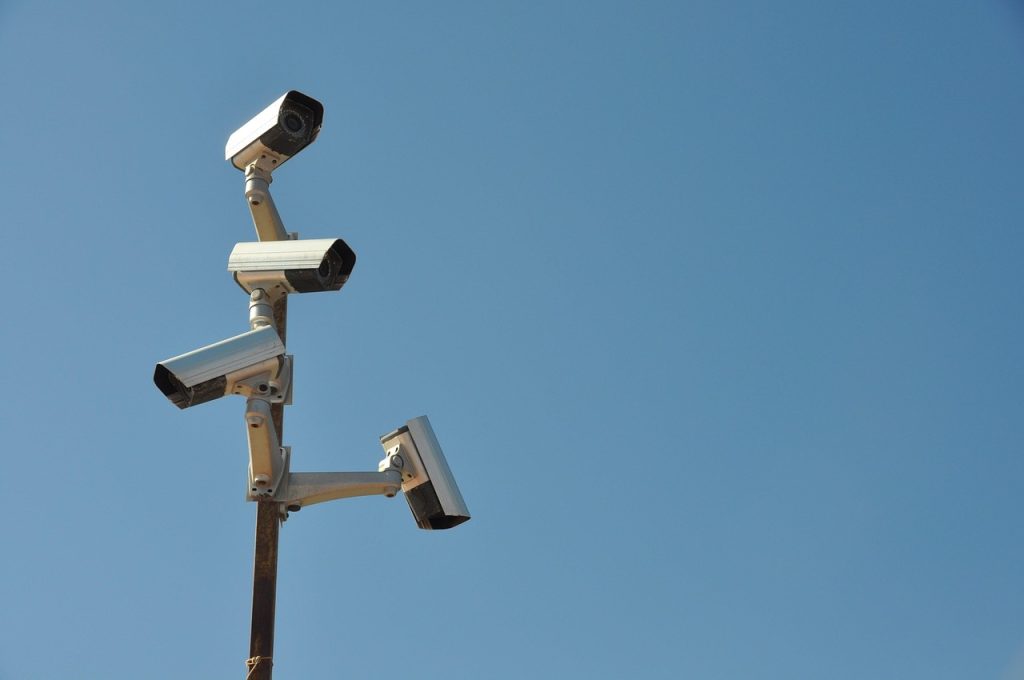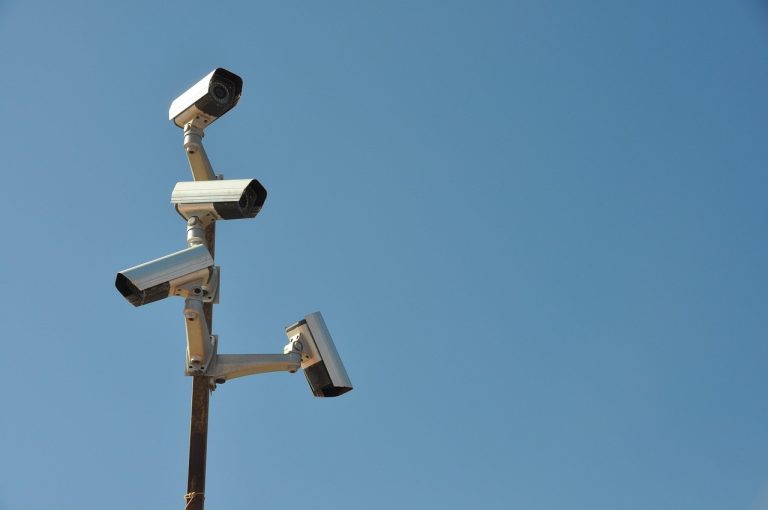
In the American city of Toledo, Ohio, surveillance cameras have become a tool transforming impoverished neighborhoods into zones of perpetual police oversight. Investigative journalism findings reveal that local law enforcement devotes thousands of hours to monitoring residential complexes predominantly inhabited by low-income residents.
On January 24, 2024, Toledo police officer Gerald Glesmer spent more than seven consecutive hours observing activity at the Weiler Homes complex using the Fusus system. Without leaving the station, he received real-time footage from multiple cameras installed throughout the neighborhood. Following a brief break, another officer resumed surveillance, which continued uninterrupted until morning. During this period, no crimes occurred in the area, yet the cameras remained operational.
The Fusus system enables Toledo police to access footage from privately owned cameras, government institutions, and municipal housing facilities. Analyzed records indicate that between January and October 2024, officers spent 18,751 hours reviewing live video streams from 12 residential complexes—twice the amount of time allocated to monitoring the rest of the city. These neighborhoods were disproportionately targeted despite crime rates being no higher than the citywide average.
Residents of these complexes argue that constant surveillance does not enhance safety. While cameras capture every movement, police response to crimes remains sluggish. Elijah Fitch, a resident of Weiler Homes, noted that despite the extensive use of Fusus, officers continue to arrive belatedly. Legal experts warn that such surveillance methods may exacerbate bias; camera footage is not only used for criminal investigations but also to evict tenants over minor lease violations.
Toledo’s surveillance system operates with minimal regulation. Data shows that officers often spend hours scrutinizing footage from areas where no incidents occur. For instance, in McClinton Nunn Homes, another public housing complex, police dedicated 150 hours in a single month to reviewing footage, despite only two reported crimes in that timeframe.
Fusus has been aggressively expanding across the United States, and in 2024, it was acquired by Axon, a technology giant supplying law enforcement solutions. Integration into the system requires substantial financial investment; beyond the cost of cameras, participants must purchase specialized equipment and subscriptions, limiting access to select organizations. This dynamic results in police allocating more time to monitoring areas equipped with privately owned cameras rather than those with higher crime rates.
Amid mounting criticism of Toledo’s surveillance policies, local authorities continue to expand the city’s network. In 2023, officials signed a three-year contract with Fusus worth $375,000 and acquired dozens of new cameras using federal aid funds.
However, there remain no stringent regulations governing data usage or accountability regarding access to surveillance footage. This lack of oversight raises concerns among civil rights advocates, who warn that, without clear regulatory measures, such technology could be wielded for discriminatory control over vulnerable communities.


